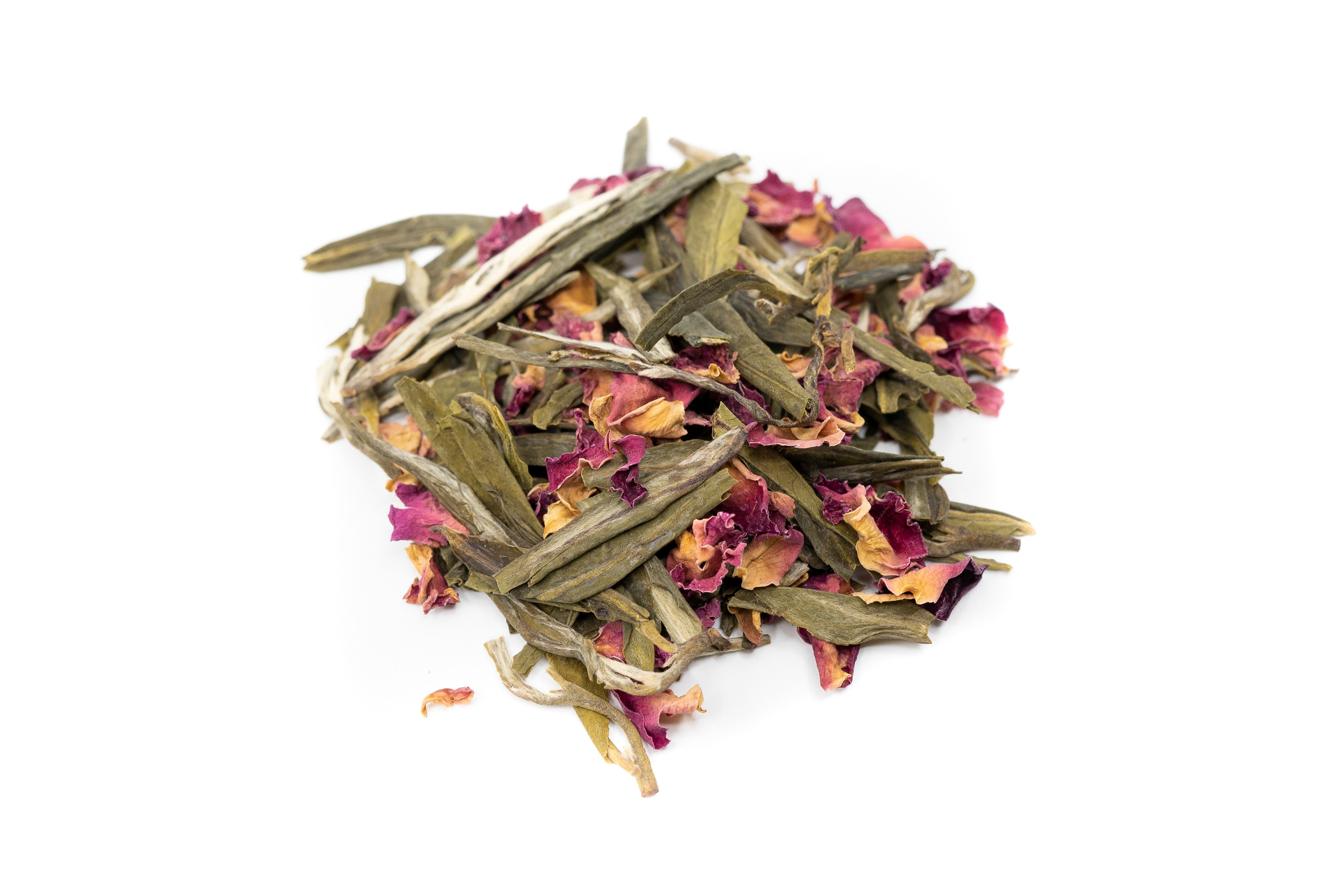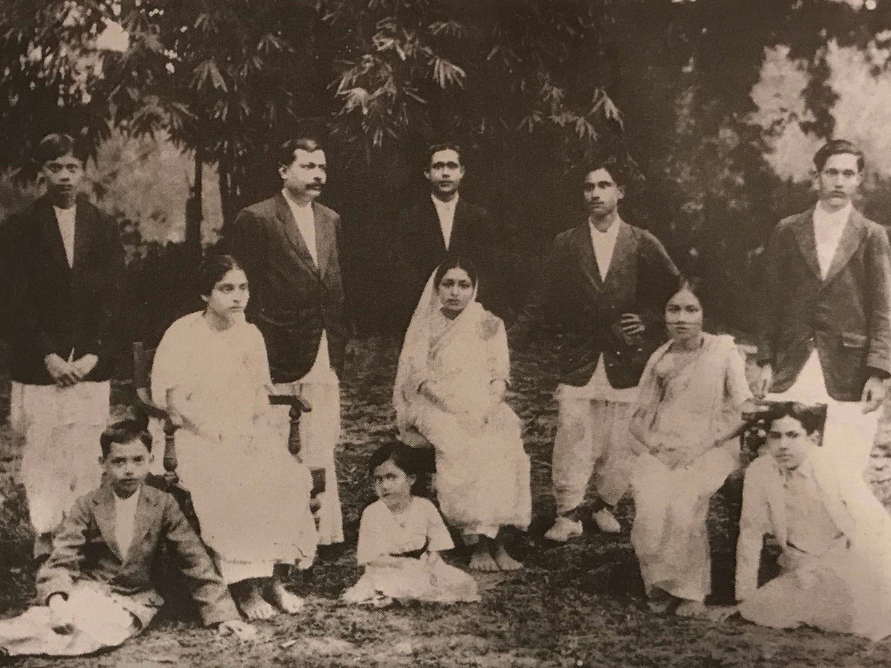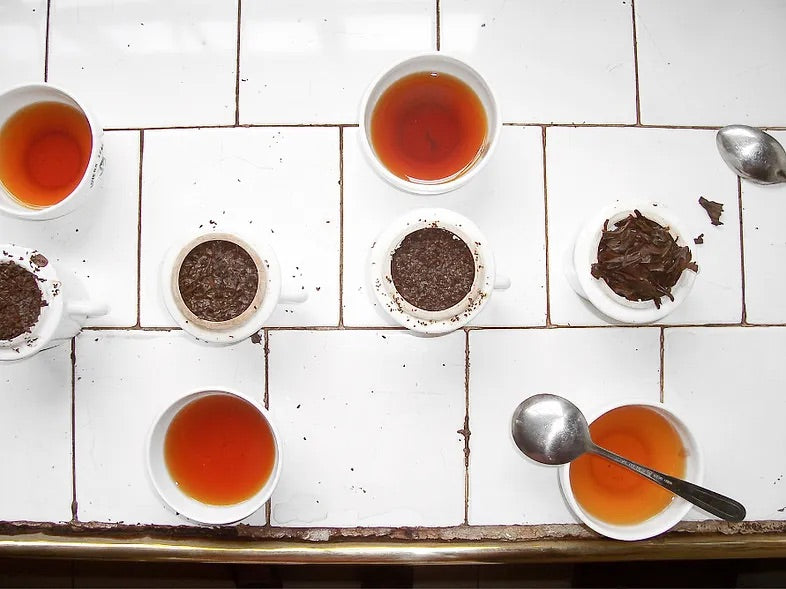Article: Tea in Assam: A 200-Year Journey of Aroma and Taste

Tea in Assam: A 200-Year Journey of Aroma and Taste
Assam, the largest tea-producing state in India, is celebrating 200 years of its tea industry. The state is home to more than 800 tea estates and thousands of small tea growers, who produce around 700 million kg of tea annually, accounting for about half of India’s total tea output. Assam tea is known for its rich colour, strong flavour, and malty aroma, and is widely used in popular blends across the world.
The Discovery of Assam Tea
The history of tea in Assam dates back to 1823, when a Scottish adventurer named Robert Bruce discovered wild tea plants growing in the upper Brahmaputra Valley. He collected some samples of the leaves and seeds, and sent them to the botanical gardens in Calcutta for identification. There, it was confirmed that the plant was a variety of tea, but different from the Chinese version. The plant was named Camellia sinensis var. assamica, and was found to be indigenous to Assam.
The first tea garden in Assam was established by the British in 1833 in the Lakhimpur district. Soon, more tea plantations were set up by private entrepreneurs, and the Assam tea industry began to flourish. By the end of the 19th century, Assam had become the leading tea producer in the world, surpassing China.
The Challenges and Opportunities of Assam Tea
The tea industry in Assam has faced many challenges over the years, such as labour unrest, political instability, natural disasters, climate change, pests and diseases, and market competition. However, it has also shown resilience and innovation, adapting to changing consumer preferences, adopting new technologies, and exploring new markets.
One of the major achievements of the Assam tea industry is the emergence of the small tea growers, who have revolutionised the tea production scenario in the state. These are mostly marginal farmers who cultivate tea on small plots of land, ranging from 0.5 to 10 hectares. They sell their green leaf to the factories, where it is processed into CTC (crush, tear, curl) tea. The small tea growers now contribute more than 50% of the total tea production in Assam, and have improved their socio-economic status and livelihood.
Another remarkable aspect of the Assam tea industry is the diversity of its products. Apart from the traditional black tea, Assam also produces green, white, and oolong teas, as well as specialty teas such as orthodox, organic, and handcrafted teas. These teas have unique characteristics and cater to different segments of consumers, both domestic and international. Assam tea has also received the Geographical Indication (GI) tag, which protects its identity and quality.
The Future of Assam Tea
The Assam tea industry is looking forward to a bright future, with many opportunities and initiatives to enhance its growth and sustainability. Some of the key areas of focus are:
- Promoting tea tourism, which involves visiting tea gardens, staying in heritage bungalows, learning about tea culture, and tasting different varieties of tea.
- Improving the quality and productivity of tea, by adopting good agricultural practices, using organic and bio-fertilisers, implementing integrated pest management, and upgrading the processing facilities.
- Expanding the domestic and export markets, by creating awareness and demand for Assam tea, diversifying the product portfolio, exploring new regions and segments, and strengthening the branding and marketing strategies.
- Enhancing the social and environmental responsibility of the tea industry, by ensuring fair wages and working conditions for the workers, providing health and education facilities, empowering women and youth, and conserving the natural resources and biodiversity.
The Celebration of Assam Tea
To commemorate the 200-year journey of Assam tea, various events and activities are being organised throughout the year by the tea associations, the government, and the civil society. Some of the highlights are:
- The Bicentenary Assam Tea International Conference, which was held in Guwahati from the 29th to the 30the of Jan , 2024. The conference brought together tea experts, researchers, entrepreneurs, and enthusiasts from around the world, to discuss the issues and opportunities of the tea industry, and to celebrate the achievements and contributions of Assam tea.
- The Northeastern Cultural Extravaganza, which will be inaugurated by President Murmu at Amrit Udyan in Delhi on February 8, 2024. The four-day event will showcase the vibrant and diverse culture, cuisine, and crafts of the northeastern states, with a special focus on Assam tea4.
- The Tea Academy, which will be launched by the Tea Association of India, Assam Branch, to provide training and education to the tea industry stakeholders, especially the small tea growers and the youth. The academy will offer long-term and short-term courses on various aspects of tea, such as cultivation, processing, tasting, marketing, and entrepreneurship5.
Assam tea is not just a beverage, but a way of life for millions of people in the state. It is a symbol of pride, heritage, and identity for the Assamese people, and a source of delight and satisfaction for the tea lovers across the globe. As the Assam tea industry completes 200 years of its glorious journey, it is time to appreciate its past, celebrate its present, and envision its future.
For a taste of Assam tea, try our range of premium artisanal teas, produced in the heart of Assam.






Leave a comment
This site is protected by reCAPTCHA and the Google Privacy Policy and Terms of Service apply.